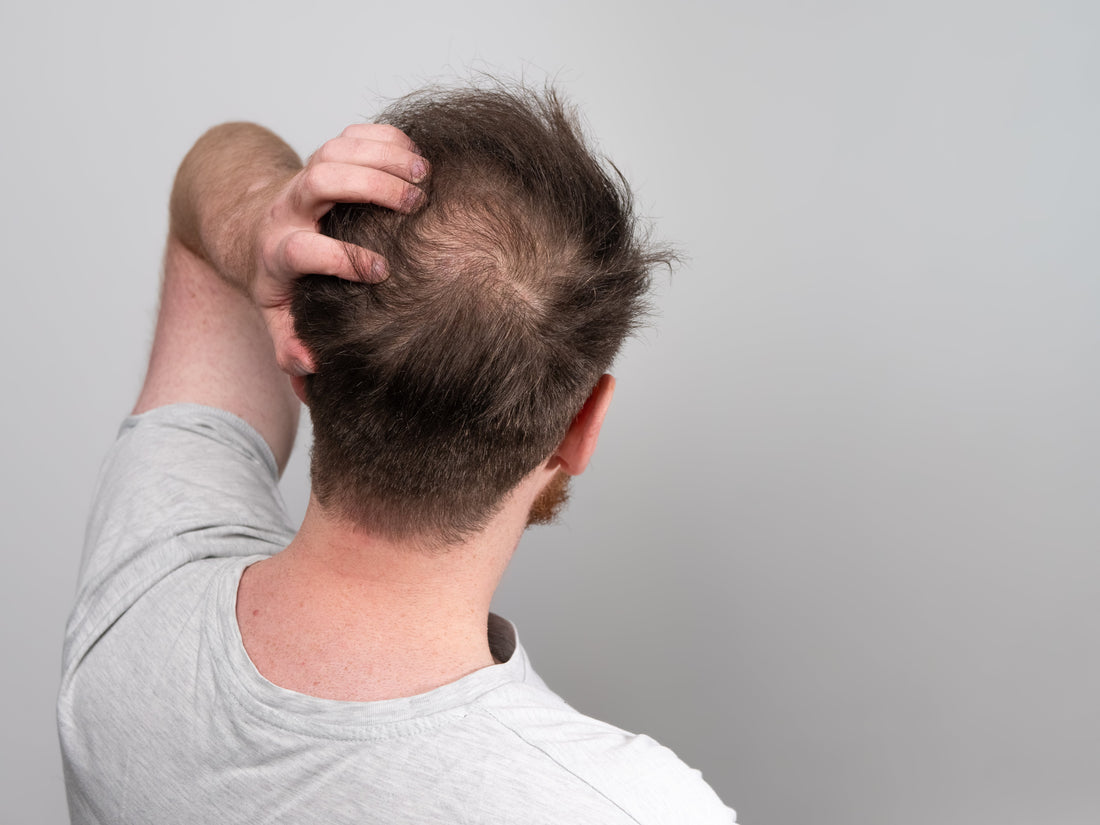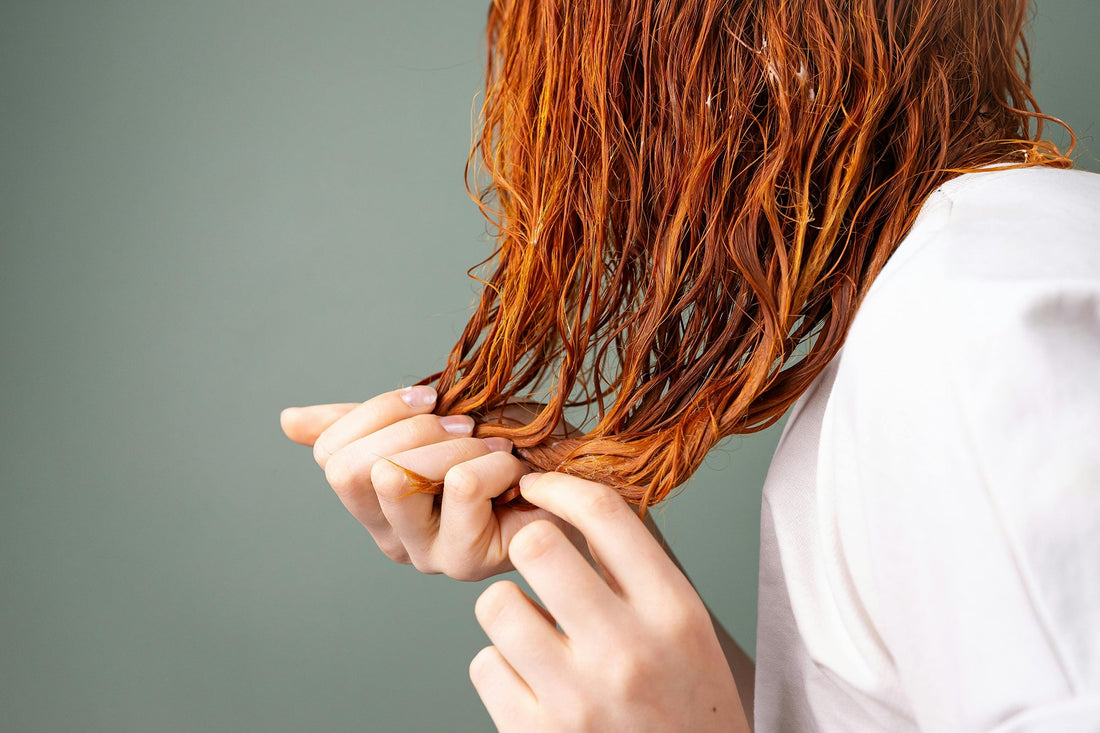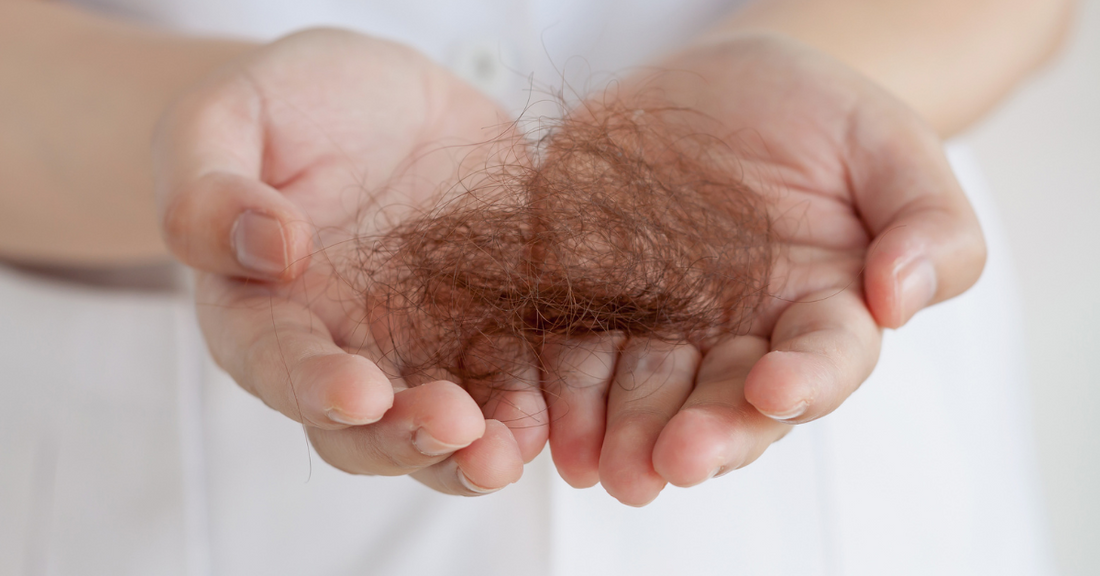Can Sleep Deprivation Contribute to Hair Loss?
Whether a person experiences male or female pattern hair loss depends upon their genetics. Obviously, there is nothing that you can do to alter your genetics, and lack of sleep won’t alter your underlying DNA. However, sleep deprivation can affect the levels of hormones in the body.
For example, the hormone HGH is produced when we progress through normal sleep cycles. In people who get irregular, interrupted, or limited sleep, they may have lower levels of HGH. Studies show that lower levels of HGH can contribute to numerous health issues including thinning hair. As a result, getting quality sleep may be able to help reduce thinning and loss of hair.
In addition, sleep deprivation can cause both physical and emotional stress, which can increase the risk of telogen effluvium in which a person loses a significant amount of hair. A consistent sleep routine that helps to avoid major fluctuations in sleep quality and quantity thus may be one way to help manage stress and decrease the likelihood of this condition.
How Can You Improve Sleep Hygiene?
Sleep hygiene refers to the routines and habits that you establish relating to sleep. Like most things in life, having healthy patterns of action can lead to positive outcomes and become self-reinforcing. When it comes to sleep, this relates to your preparation for bed as well as your sleep environment.
Some strategies for improving your sleep environment include:
- Keep it dark: you want your bedroom to be dark, so thick curtains or blackout curtains are useful if you have large windows or lots of natural light. Darkness also means limited light from electronic devices, so do your best to limit or eliminate the use of TVs, tablets, laptops, and cell phones in the bedroom. If you can’t eliminate light, consider an eye mask.
- Keep it quiet: it’s much easier to fall asleep and stay asleep in a quiet room with few disruptions. If you have issues with external noise sources, think about using a white noise machine or earplugs.
- Keep it cool: most people benefit from sleeping in a cooler room which is both more comfortable and may have other health benefits.
- Keep it comfortable: you want your bedroom to be inviting, so make sure that you have a mattress the provides adequate support and pillows that appropriately cushion your head and neck.
Some strategies for improving habits relating to sleep include:
- Have consistent sleep and wake times: help your body adjust to a regular schedule by going to bed and waking up at the same time, even during vacation or weekends.
- Limit alcohol and food close to bedtime: alcohol near bedtime can reduce your sleep quality as can eating a very large meal. Try to have at least a couple of hours before eating or drinking and going to bed.
- Follow the same pre-bed routine: go through the same steps each night before you go to sleep, such as brushing your teeth, taking deep breaths for relaxation, or whatever else you need to get yourself settled for bed.
What Other Steps Can Be Taken to Treat Hair Loss?
If you have significant hair loss that does not appear to be related to genetics, talk to your doctor. They can help identify the cause and recommend steps that may help to address it.







